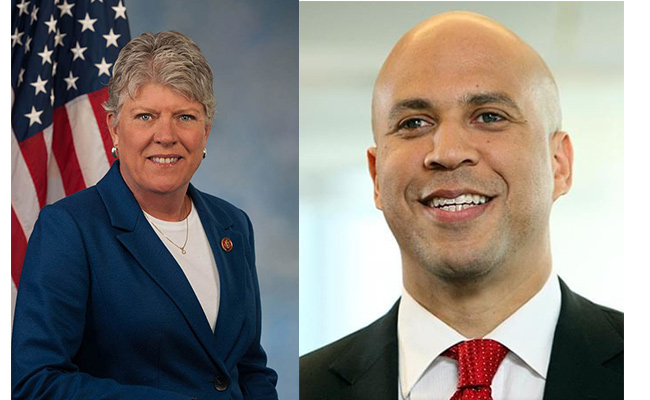The C.O.M.P.O.S.T. ACT IS BACK!
Print this Article | Send to Colleague
 USCC was once again part of the development of C.O.M.P.O.S.T., the Cultivating Organic Matter through the Promotion of Sustainable Techniques, which provides $200 million annually for ten years, if passed by the 118th Congress.
USCC was once again part of the development of C.O.M.P.O.S.T., the Cultivating Organic Matter through the Promotion of Sustainable Techniques, which provides $200 million annually for ten years, if passed by the 118th Congress.
Rep. Julia Brownley D-CA and cosponsors, Rep. Chellie Pingree, D-ME; Ann McLane Kuster (D-NH), Sen. Cory Booker (D-NJ), and Sen. Tina Smith (D-MN) are advocating for grants limited to $5 million for non profits/governments and loans limited to $5 million for private sector applicants for “hardware” infrastructure development to be available again for the following:
- Composting facility or site permitting, planning, and construction.
- Acquisition of machinery, equipment, and other physical necessities required to operate a composting facility, system, or program except depackaging equipment.
- Activities to increase the production capacity throughput of a composting facility.
- Implementation of onsite composting systems and programs (such as home composting programs, community garden and urban farm composting, and other onsite composting systems at institutions, nonprofits, and businesses)
- Projects that are based on a distributed infrastructure strategy (such as a strategy that incorporates a mix or choice of home composting, farm and ranch composting, onsite composting, community-scale composting, or centralized commercial composting).
The bill in the 117th Congress did not move forward but did garner a number of sponsors, which USCC will work with chapters, advocates and members to press for signing onto the bill. We hope the 118th Congress will prove to be a success for our advocacy efforts.
For information, see https://www.booker.senate.gov/news/press/booker-smith-brownley-kuster-pingree-introduce-bicameral-legislation-to-incentivize-sustainable-practices-and-reduce-food-waste
The COMPOST Act, once again introduced alongside the Zero Food Waste Act, would create a new Environmental Protection Agency (EPA) administered grant program for state, local, tribal, and territorial governments and for nonprofits, which would offer three types of grants: planning grants, measurement grants, and reduction grants. Planning grants could be used to investigate the kinds of food waste mitigation projects or policies would be most impactful within a given community. Measurement grants could be used to better understand the amount of food waste generated in the state or community.

